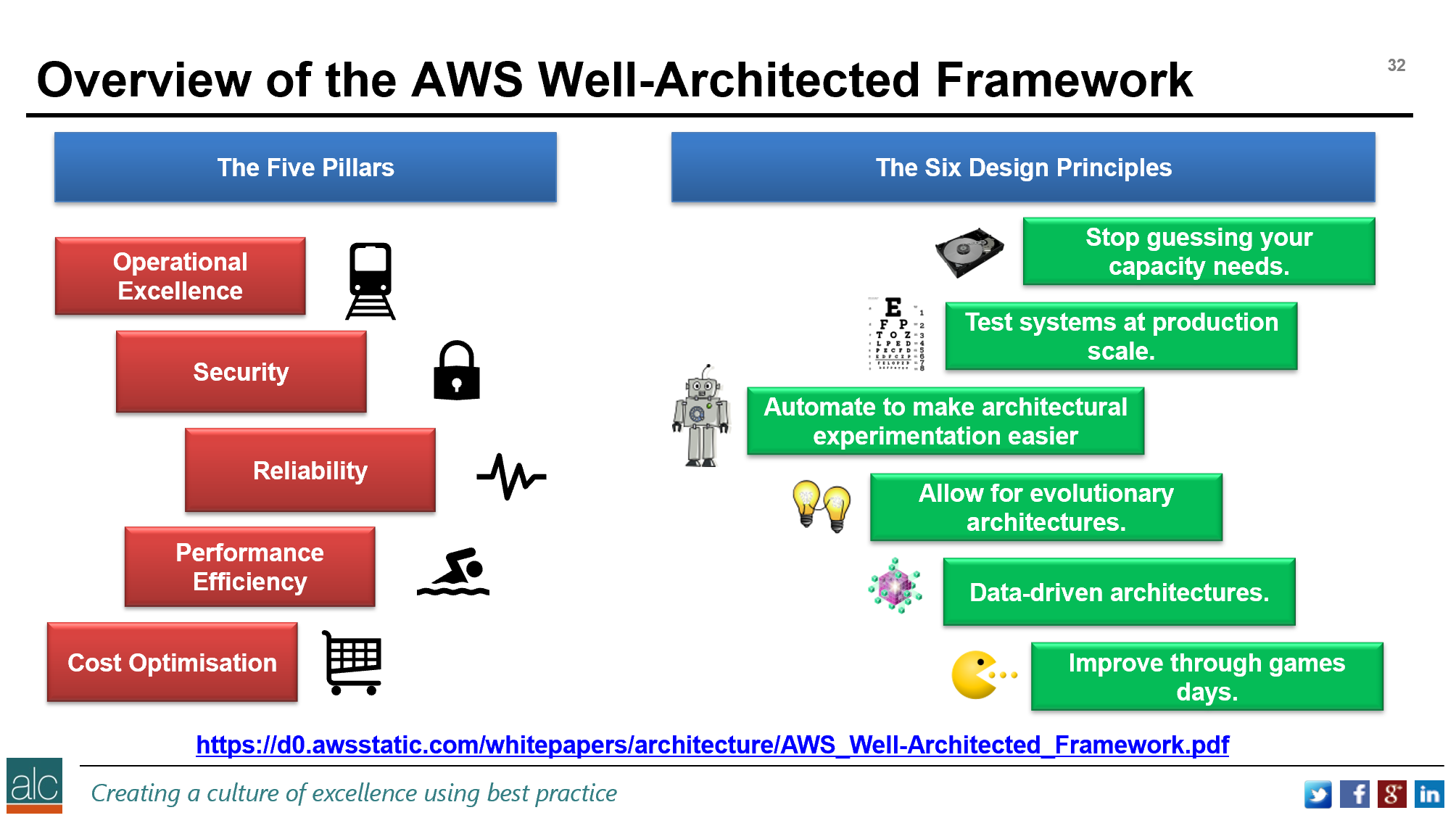For the first time in 2018 it’s become easier than ever to gauge the state of the cloud market. New data from the top cloud providers has allowed us to really see who is dominating the landscape. In this study, I’ve chosen to look at the total revenue as an indicator of success. Partly because it’s easy to measure, but also because it gives an indication of relative market opportunity and growth.
This chart is taken from a great ZDNET article that was published earlier this year:
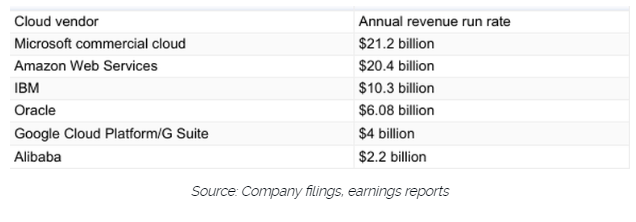
1. Microsoft Commercial Cloud
By revenue Microsoft is the dominant force, which I predicted would be the case back in 2016. My colleagues at DXC Technology will attest to that prediction. I think it’s also a reflection on a number of compelling events that have materialised over the past few years:
- Microsoft have invested significant amounts of money into their cloud strategy and you can see it’s paying off.
- Microsoft’s cloud portal was re-skinned around 3 years ago, which put AWS on the back foot.
- All medium and large corporate companies of note, already have a relationship with Microsoft through an Enterprise Agreement (EA). This EA provides Microsoft with significant scope for commercial leverage, through price reductions, discounts and bundled services, across the Azure and Office 365 platforms.
- Office 365 is a serious force to be reckoned with. There is no real competition in this space and the vast majority, if not all companies, use some components of the product suite. Integrated with Active Directory technologies for authentication, authorisation and access control.
2. Google Cloud Platform/G Suite
Although Google offers their G-Suite, I don’t really see it as a serious competitor or replacement for Office 365. In fact they complement each other. I typically use Google for managing both business and personal data on my Google Pixel and then Office 365 for Surface Pro, MAC and iPad and then OneDrive across all of them. Below is a quick snapshot of how Google and Office stack up:
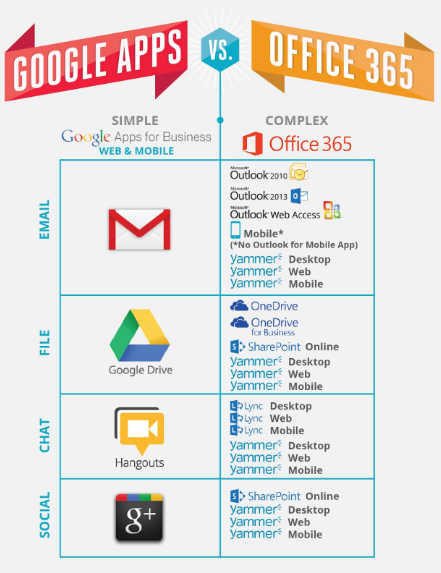
3. Amazon Web Services
On the Amazon Web Services side, there is much progress and improvement especially in the area of new services. AWS are very good in the Serverless and PaaS spaces, adding a whole series of new innovations. These and exciting innovations were announced at the AWS ReInvent 2017 conference last year and include:
- AWS Fargate – Serverless Containers
- Amazon ECS for Kubernetes – Container Management
- Amazon Neptune – Graph Database
- Amazon Sumerian – Create and run 3D apps for Virtual Reality & Augemented Reality Use Cases
- AWS IoT Analytics – Analyse IoT data at scale
- Amazon Rekognition Video – Video Analysis using Machine Learning
You definitely can not accuse Amazon of being static or boring with all this innovation coming thick and fast. Amazon are certainly pushing the curve, as there are no Microsoft Azure equivalents for some of these services. Amazon Sumerian is a case in point:

4. Oracle
Oracle are coming up fast, probably as a result of their push in the past 12-18 months. A rep at Oracle invited me to attend Oracle Cloud World, which introduced me to the maturity and sleek look of their latest cloud offerings. The pics below gives a quick overview of the Oracle Cloud offerings:

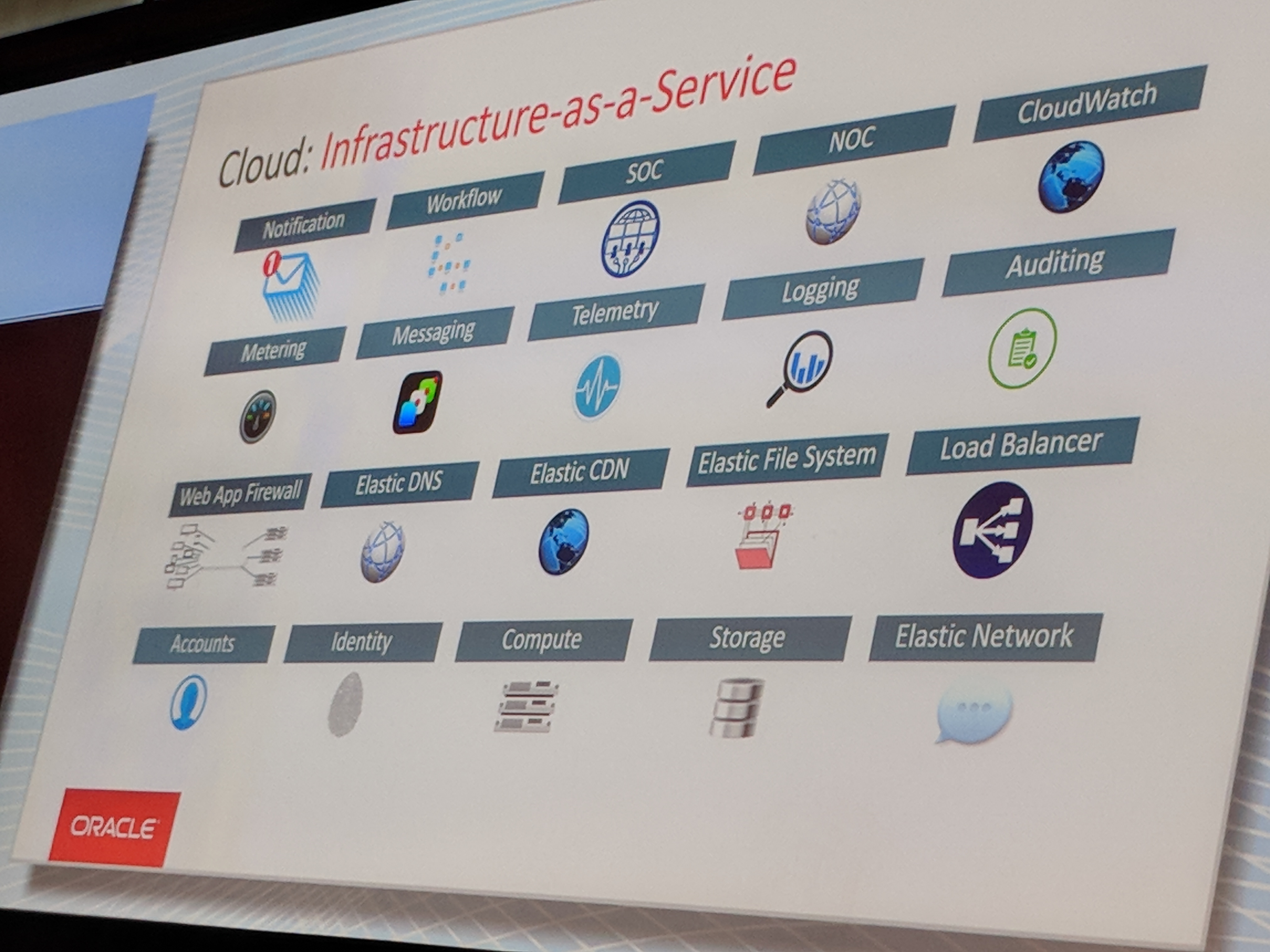
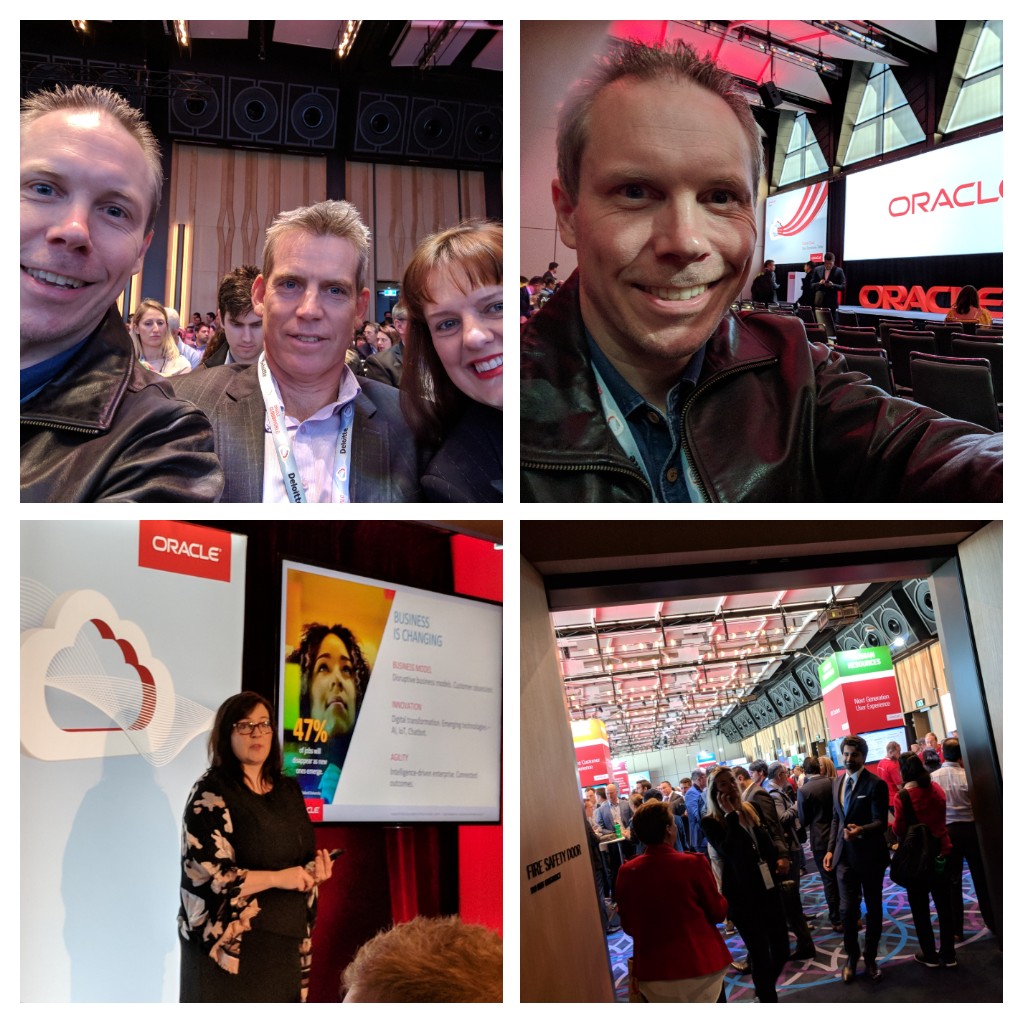
5. IBM
IBM is a little way behind the top 2 leaders with their suite of cloud offerings. IBM Watson is probably the best known. I’m still waiting for IBM to approach me to, and invite me to their conference. Check out the screenshot below:
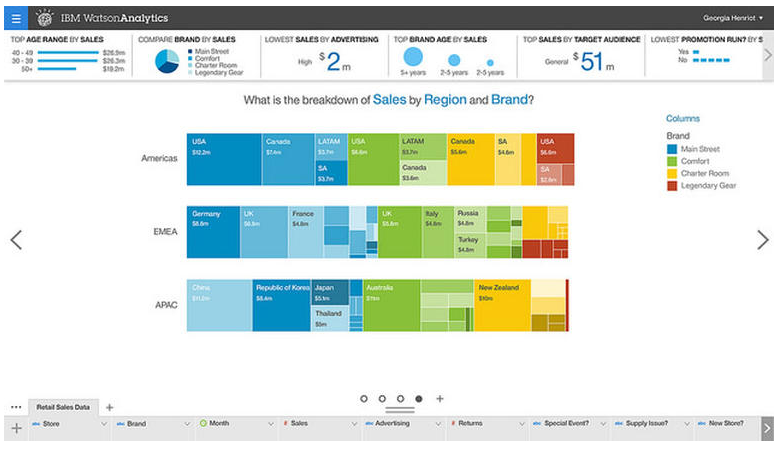
More information on IBM cloud services can be found here.
6. Alibaba
Alibaba are definitely one to watch. My prediction is that by 2020 Alibaba will be No. 3 by revenue and may well be looking to eat up AWS with a takeover strategy to compete with Microsoft. Here is a quick overview of the predicted growth of Alibaba revenue vs AWS:
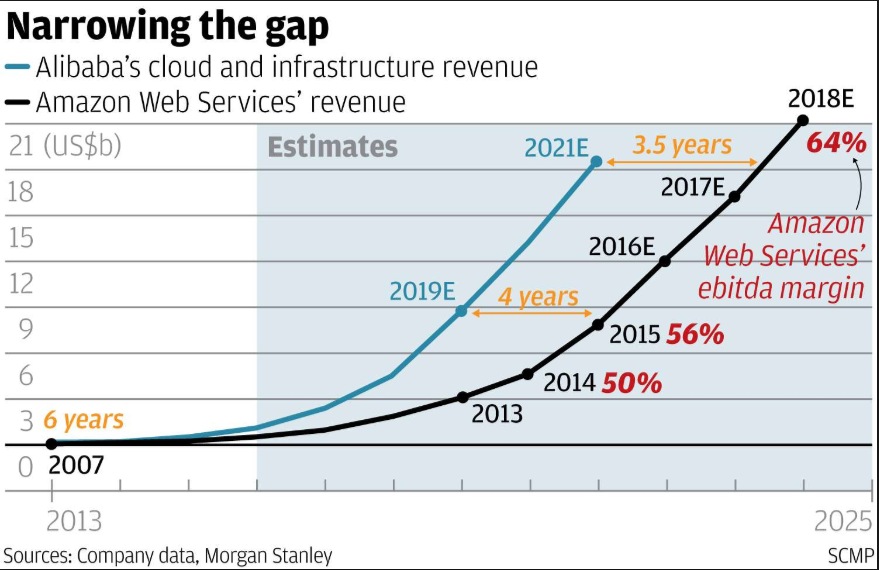
And here is a good article that articulates how large and dangerous Alibaba really is. I do apologise for all the popups, but the free content on the site IS worth the pain.
This article gives another perspective on the Microsoft / AWS revenue growth story, outlining some of the great customers stories to come out of the Azure platform. These include:
- Coca Cola
- UPS
- Toyota
Finally if you feel you need some specialised training or business advice on AWS, Microsoft Azure, IBM, Oracle or Cloud CyberSecurity, feel free to reach out to me or learn more about ALC Training’s comprehensive cloud computing course.
